When the news broke in late November that Rogers had negotiated an exclusive $5.2 billion dollar deal with the NHL for all national hockey rights in Canada (some games will still be shown on the CBC, but Rogers has editorial control of those and will reap the ad revenue from them), it seemed like a substantial flipping-of-the-script in the Canadian sports media world. The Canadian sports cable scene had long been dominated by TSN (currently owned 80 per cent by Rogers competitor Bell Media and 20 per cent by ESPN), with Rogers' Sportsnet channels (which started 14 years after TSN, in 1998, and actually was initially a CTV project before CTV bought TSN in 2000 and was forced to sell Sportsnet to Rogers) generally seen as a second-place network. Losing national hockey broadcasts has been described as a "massive blow" for TSN, and many have suggested it could lead to "a flood of TSN talent moving over." However, while the Rogers deal certainly marks a notable shift in the Canadian sports media landscape, it doesn't necessarily mean Sportsnet's now the behemoth and TSN's now the underdog.
First, it's worth examining what's going on with that TSN talent. So far, that flood hasn't been particularly in evidence. In fact, as our Steve Lepore reported, TSN appears ready to sign James Duthie, Bob McKenzie and Darren Dreger to long-term contracts, which would explain these excited tweets from McKenzie. It might make plenty of sense for those reporters and personalities to stay with TSN; in fact, as we've seen with the NFL, it can be easier to accurately report on a league when you're not a rightsholder who has to keep the league office happy. Even TSN's generally well-respected hockey coverage has been accused of being too favourable to the league by some fans. Meanwhile, consider this exchange between NHL commissioner Gary Bettman and Sportsnet's Daren Millard from the official announcement:
"There was some friendly banter near the end of the news conference on Tuesday, when host — and Sportsnet veteran — Daren Millard took a gentle jab at the NHL’s troubled franchises in the United States.
Attempts to reassure from Bettman and (Rogers Media president Keith) Pelley aside, that's not something that would give many journalists reassurance they'll have the freedom to really cover the NHL at Sportsnet. Consider that Rogers president of broadcasting Scott Moore told our Steve Lepore he feels there's too much coverage of the business side of the game (which is generally critical of the league and the problems some of the American franchises have) already:
It's worth discussing the actual impact of this deal on the Canadian TV ratings, too. Yes, it will definitely help Sportsnet to carry national hockey broadcasts. That doesn't mean Sportsnet will instantly vault ahead of TSN, though. Consider that Saturday nights in particular are likely to have games spread across five channels, diluting the ratings for any one game, while Sundays appear set for the CityTV network of local stations. Wednesdays and Fridays will likely have one or two games shown nationally, so that's likely to boost the ratings for those, but they still may not get all that high. Take a look at the most-watched events in Canada for the week of Nov. 25-Dec. 1. The early Saturday night game between the Leafs and Canadiens (always good for a massive draw) brought in 2,070,000 viewers on CBC, the best of any event that week, but the rest of the hockey ratings weren't anywhere near as high. Late Saturday night (Flames-Kings, CBC) hit 751,000, Sunday (Red Wings-Senators, featuring Daniel Alfredsson against his old team, did 662,000) for the 2 and 3 spots, but beyond that, the next hockey spots were 11 (Canucks at Hurricanes, regional only on Sportsnet Pacific Sunday, 234,000) and 13 (Rangers at Bruins, Friday on TSN, 202,000). National hockey broadcasts do decent ratings, but midweek ones in particular aren't exceptional. Sportsnet's boosted its ratings with this move, certainly, but how much is up for debate; they've acquired a massive amount of programming, and a lot of programming that will certainly beat what they were showing, but not necessarily a lot of events that will draw massive ratings weekly (until you get to the playoffs).
Moreover, it's not like TSN has lost all of its top properties. On a per-game basis, the CFL on TSN actually outdraws the NHL on TSN, at least according to what TSN president Stewart Johnston told me in 2010. That sounds about right, and still accurate: regular-season CFL games were averaging 876,000 viewers then, which is down to 703,000 now, but that's still a boost over 2012 and is larger than any hockey rating from this past week beyond the two Saturday night over-the-air games on CBC. The CFL playoffs and Grey Cup tend to do even better, with the West Final knocking off that week's Hockey Night in Canada this year (1,900,000 vs. 1,888,000) and the Grey Cup landing the year's biggest audience (4.5 million viewers, even if that was a major drop from 2012). No one's saying that the CFL tops hockey in terms of pure Canadian interest, but its games tend to outdraw most hockey games; it's a small enough league with few enough games that many fans watch every game regardless of their team's involvement, something you can't say about hockey.
TSN also does well with curling broadcasts and could potentially expand its portfolio there, and they'll have opportunities on other fronts, particularly if the reports about TSN/CTV trying to lock up NFL in Canada rights (currently shared with Sportsnet) come true. Those rights aren't as valuable as they are in the U.S., as most Canadians still have access to those games on CBS, NBC and FOX (the ESPN Monday nighter and the NFL Network Thursday/Saturday slate are the main ones that have to be watched on a Canadian sports network), but they still matter: events 5-10 in last week's TV ratings were all NFL games. It will be interesting to see what else TSN does in terms of programming, and it will be notable to see if the amount of hockey on Sportsnet leads to more viewers using it as their default sports channel for shows and highlights as well, but it seems far too early to say that Sportsnet's soared past TSN just by acquiring this massive hockey package. It's a major shift in the Canadian media landscape, but it may not indicate a complete role reversal.

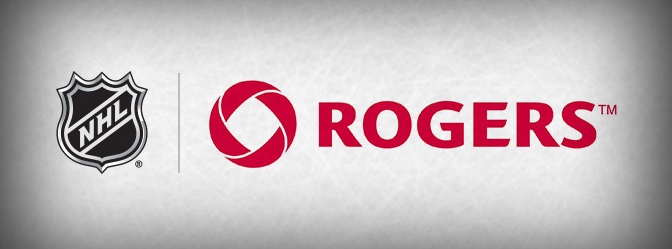
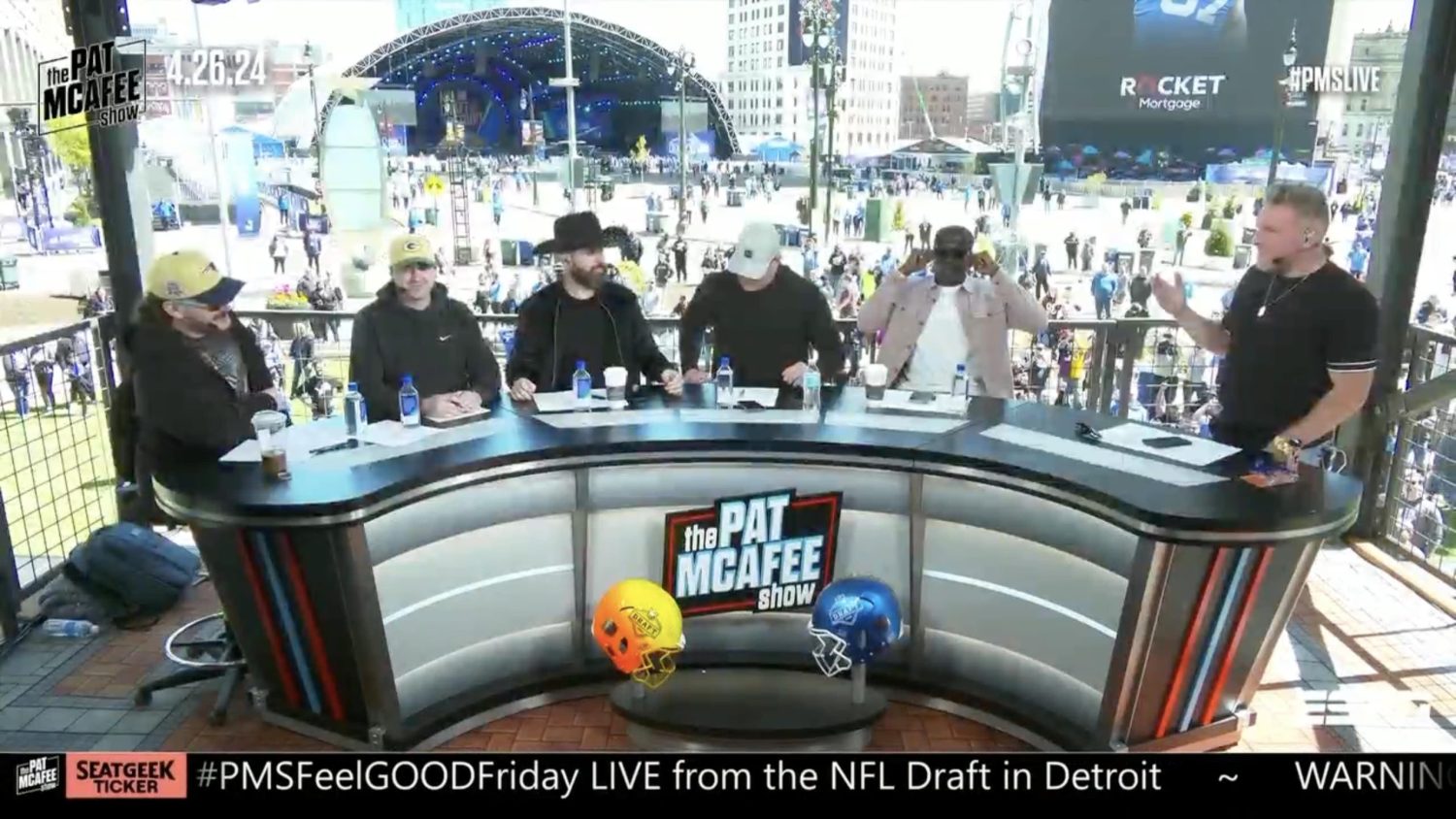
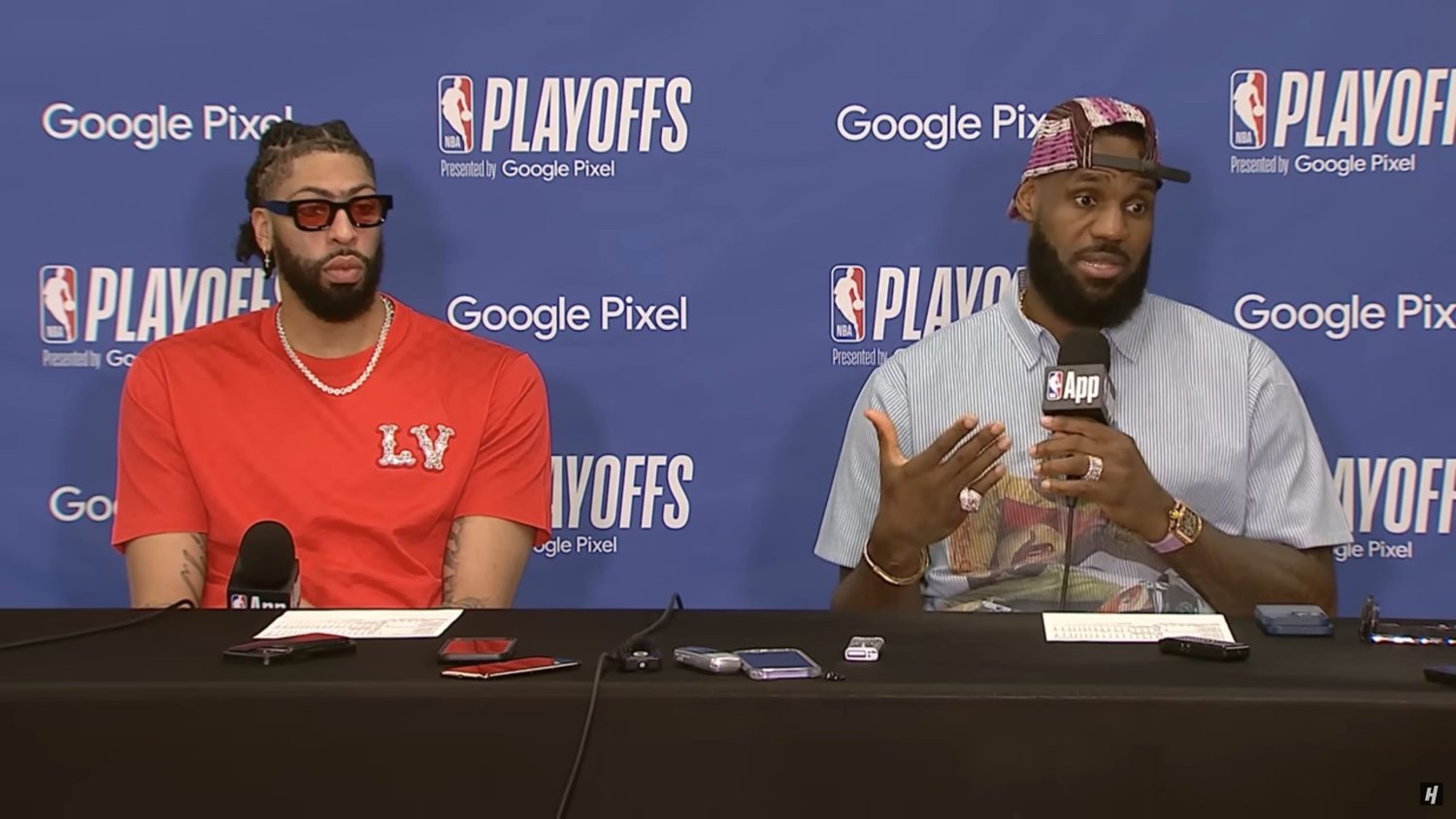
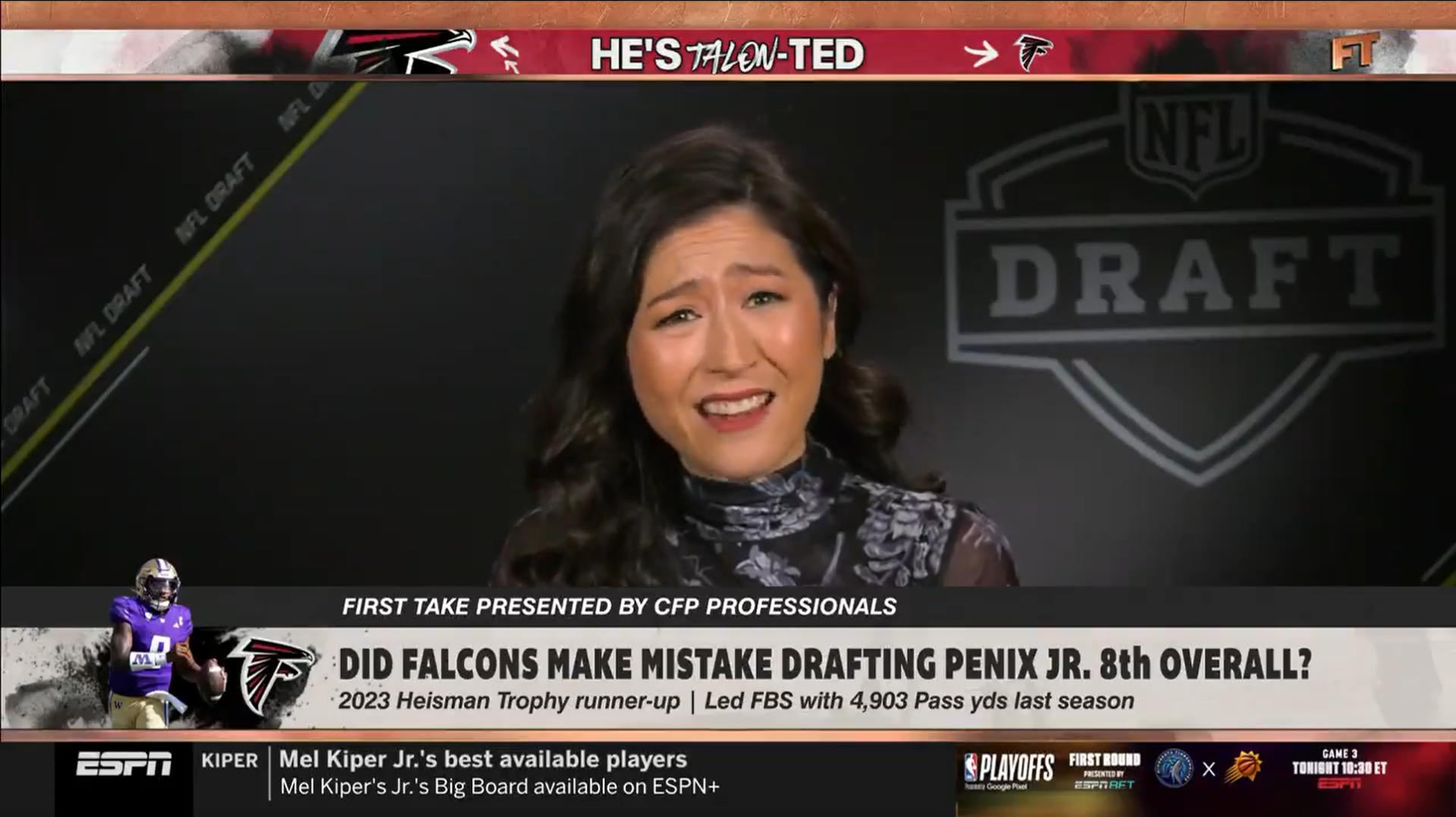
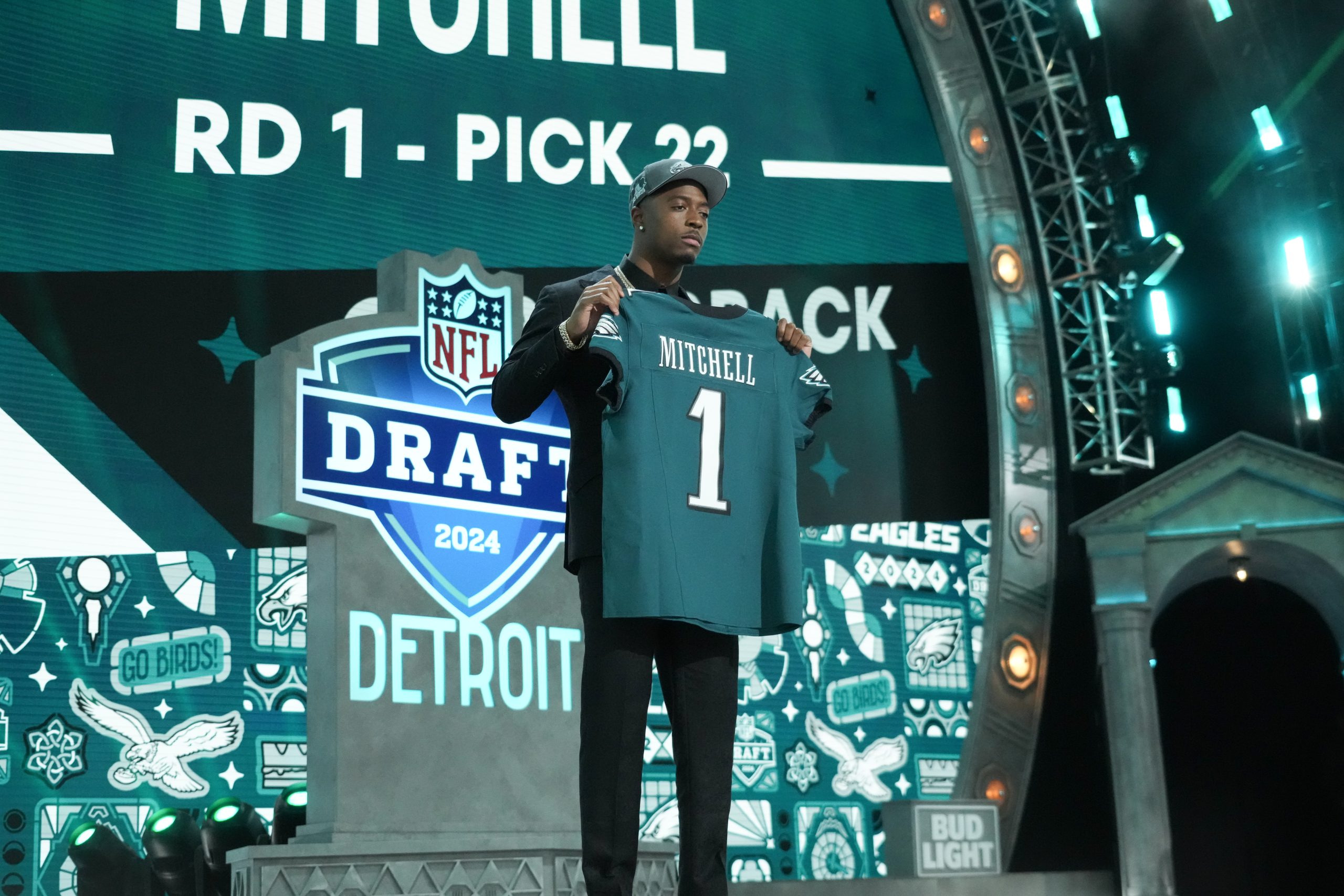


Comments are closed.